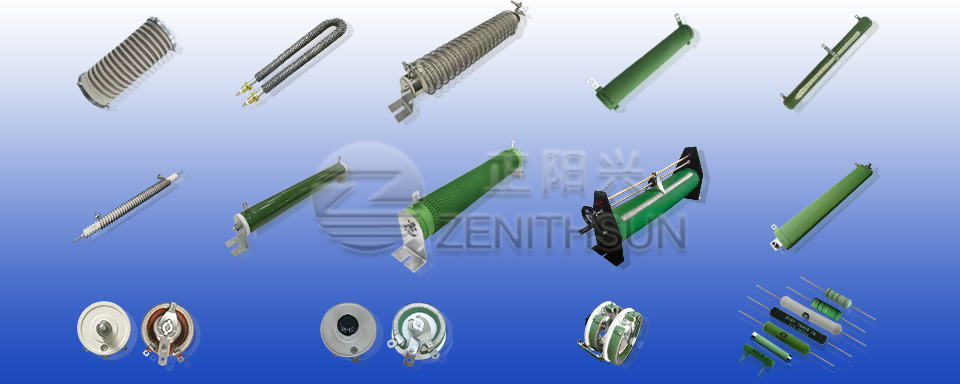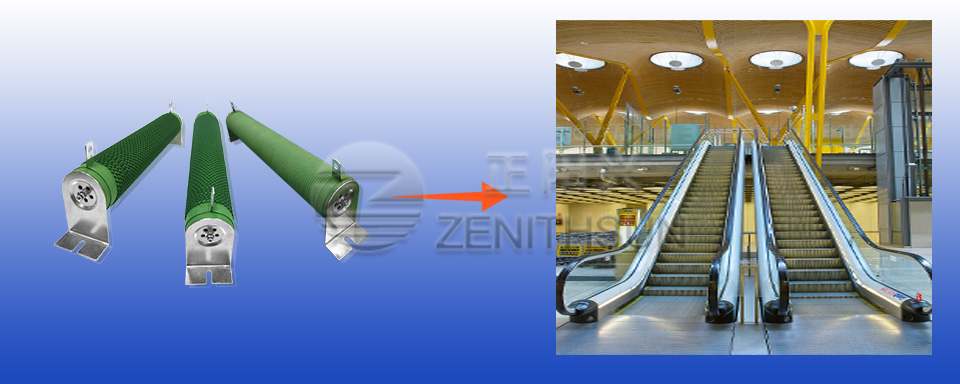As we all know, the speed reduction and shutdown of the motor in the frequency control system is realized by gradually reducing the frequency. At the moment of frequency reduction, the synchronous speed of the motor also decreases, but due to mechanical inertia, the rotor speed of the motor remains unchanged. When the synchronous speed is less than the rotor speed, the phase of the rotor current changes by almost 180 degrees, and the motor changes from an electric state to a generating state. In order to protect the motor and consume the generated electricity, we often use ripple resistors in the motor. Ripple resistors use surface vertical ripples to facilitate heat dissipation and reduce parasitic inductance, and also choose flame retardant inorganic coatings to effectively protect the resistor wire from aging and prolong service life.
In elevator braking resistors, aluminum alloy resistors are more resistant to weathering and vibration than corrugated resistors, and are also superior to traditional porcelain skeleton resistors. In harsh industrial control environments, aluminum alloy resistors are often chosen. It is easy to mount tightly and can also be fitted with heat sinks. Depending on the situation, elevator environments may also choose to use aluminum resistors. However, in general, most elevator brands give preference to aluminum alloy resistors, which can make the elevator safer in terms of post-maintenance and have a longer service life.
Under different requirements, aluminum alloy resistors and ripple resistors are used in elevators. In many cases, the braking resistors of elevators need to work stably for a long time. Therefore, more elevator manufacturers will choose aluminum alloy resistors as braking resistors for elevators, which can reduce the number of repairs, ensure the safety of elevators, and ensure the smooth operation of motors.








